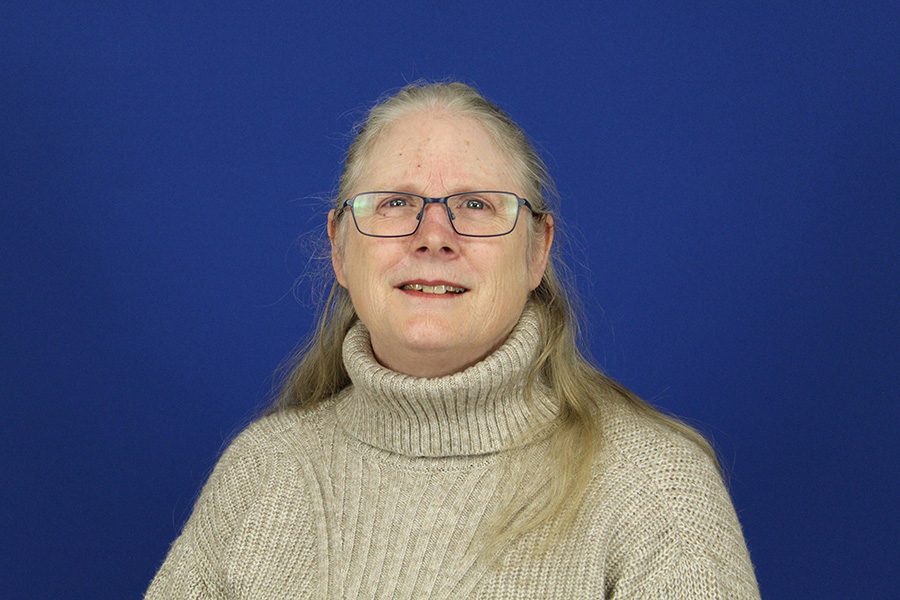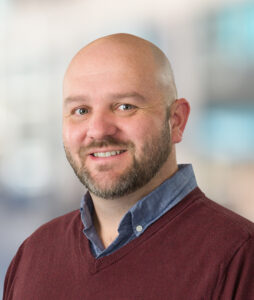
Home » Tri-City engineer helps elevate the profession
A recognized leader
Tri-City engineer helps elevate the profession

Jill Shuttleworth’s career in structural engineering spans roughly 40 years and includes community fixtures such as schools and churches and structues on the Hanford site. She has also played a role in promoting the field regionally and abroad and nurturing the engineering community in the Tri-Cities.
Courtesy Meier Architecture EngineeringJanuary 16, 2025
In the early days of her engineering career in Tacoma, Jill Shuttleworth didn’t have a computer.
In fact, nobody at the firm she worked at had one. When a project came up that required its use, she and her colleagues had to drive back and forth across town to enter their calculations in a computer located in Boeing’s offices.
“It was after that we got a computer to do framing analyses,” she said. “Now my phone will do all that in a few seconds.”
Advancement in technology is just one sea change Shuttleworth has witnessed during her roughly 40 years as a structural engineer. She’s seen the Tri-Cities’ population swell, aided by some of the very buildings she helped design, such as schools in Richland and Pasco. And she’s seen the engineering community grow, which she and fellow engineers nurtured by recruiting speakers and creating continuing education opportunities that didn’t require a day or more of traveling to and from Seattle or Spokane.
And it’s also not lost on her how young women are being supported when choosing to pursue a career in a field that was much less welcoming to women when she started out.
“The climate has changed. There’s a lot more respect for engineers in the field,” Shuttleworth said.
Career goals
Shuttleworth said she was an exception to a lot of kids heading off to college in the late 1970s and early 1980s; she knew she wanted to be a structural engineer since doing a report on the career while a sophomore at Sunnyside High School.
She earned her bachelor’s and master's degrees at Washington State University at Pullman in 1984 and 1985, respectively, and embarked on her career, starting at Whitaker Engineers in Tacoma before joining a firm in Olympia where she earned her licensure. She then moved back to Sunnyside to work at Anderson Engineers with her father.
“I love looking at buildings. I go into a structure I haven’t been in and want to see how it was put together,” Shuttleworth told the Tri-Cities Area Journal of Business. “I like going into old historic buildings and trying to bring them back to life.”
She joined the team at Meier Architecture • Engineering 12 years ago, which she said brought two welcome changes in her career: the prominence of the firm in the region would create opportunities for bigger projects and having more time to actually do the exciting and challenging parts of those projects.
“Having someone else to do the drafting and to do the billing is really nice,” she said.
Tri-City buildings
And her hand can be seen in buildings across the Mid-Columbia. She’s contributed to structures built on the Hanford site and the Eastern Oregon Correctional Institution in Pendleton. In the Tri-Cities her fingerprints are on churches and schools such as the so-called “three sisters” of Lewis & Clark, Sacajawea and Marcus Whitman in Richland and Delta High School in Pasco.
“(Delta) was a fun one because we tried to let some of the structure show so students could observe it for themselves,” Shuttleworth said.
A recognized leader
Knowing that more girls are choosing to pursue science, technology, engineering and math (STEM) in school and as careers is something Shuttleworth said she’s glad to see. When at WSU, only a handful of women were ever among the dozens of students in her engineering classes. The novelty of women working in engineering was even more stark when she started working, as she had to endure catcalling when she visited worksites or fight for recognition among her peers.
“The only other women in the office were the receptionist and the bookkeeper,” she said.
Those experiences helped her become a better engineer, Shuttleworth said. She learned how to hold her own when engaging with contractors, knowing when to stand her ground on issues that came up and when to listen and incorporate the ideas proposed.
And she’s worked to elevate the profession in the Tri-Cities as one of founding leaders of the Southeastern Washington Chapter of the Structural Engineers Association of Washington (SEAW), which has brought more continuing education opportunities and lectures to the region’s engineers.
That professional engagement work was just one of the reasons Shuttleworth was recognized in 2024 with SEAW’s Lifetime Service Award. It’s a rare honor, with Ed Huston, a member of the organization’s board and himself a lifetime award winner, noting at the awards ceremony that she is only the eighth person to receive it.
And her efforts to support engineers goes beyond the region. Shuttleworth has served at the state level, been part of the outreach committee and students and educators subcommittee for the National Council of Structural Engineers Associations, developed questions for the national structural engineering exam and even helped grade those same exams.
“As one can surmise, Jill has been a leader in all things structural engineering,” said a spokesman for Meier.
Shuttleworth said she continues to take a lot of pride in her work but not because they’ve earned her accolades.
“(The buildings) are important to the community, to the infrastructure,” she said. “It’s important for people to have structures to gather in.”
Latest News Real Estate & Construction Architecture & Engineering
KEYWORDS January 2025
Related Articles
Related Products




